You know your dentist recommends they see you regularly, but you can’t understand why this is necessary. After all, if your teeth and gums seem fine and don’t hurt, what is the point of seeing a dentist that frequently, and is it better to save your money and see them less often? While this might seem a sensible assumption, delaying or canceling regular dental checkups can be a far more costly exercise in the longer term.
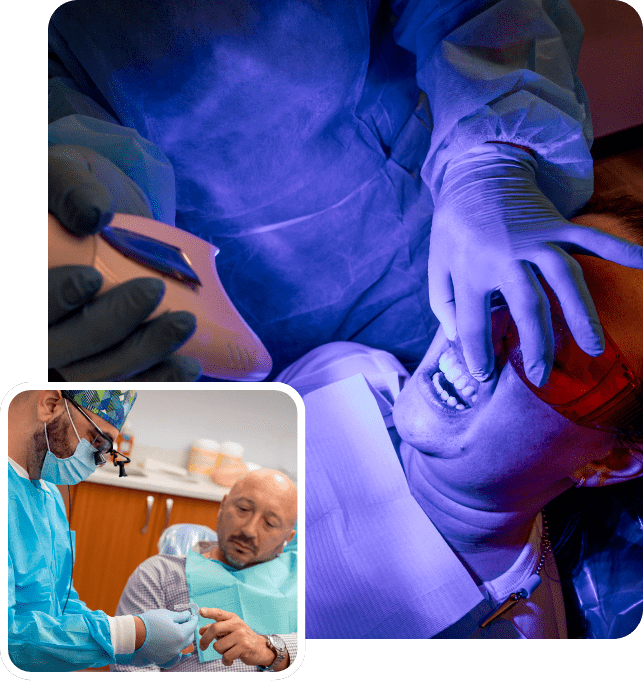
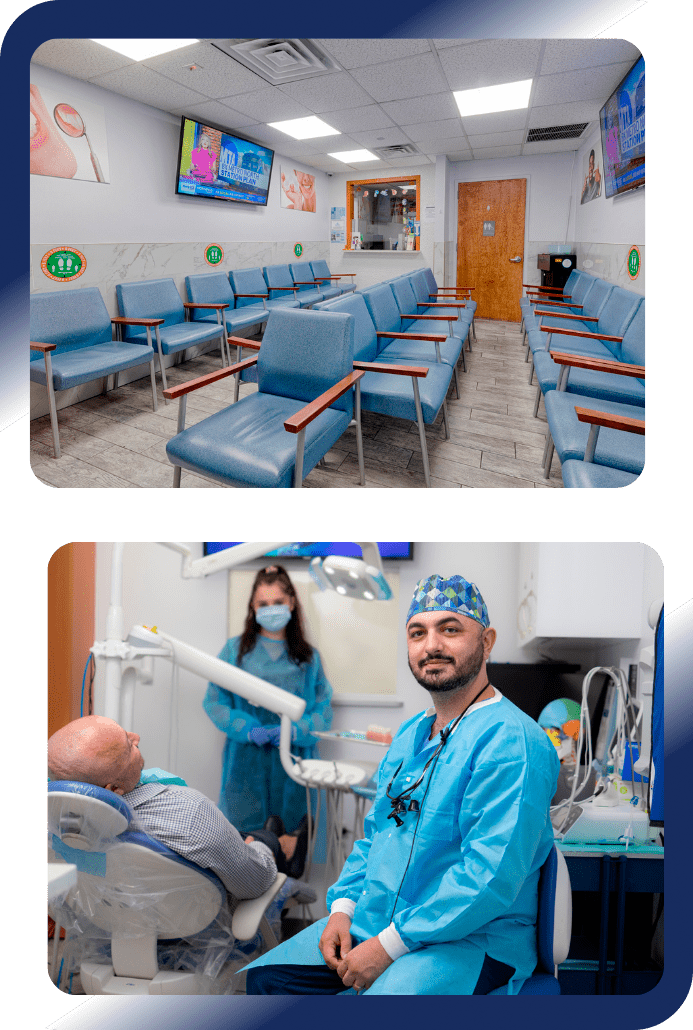
You probably see your healthcare provider regularly and don’t regard that as a luxury, and regular dental care needs to be viewed the same way. Like other checkups, your dental exam helps prevent future problems and is the best way to maintain a healthy mouth. If you wait until dental problems develop, you will most likely need emergency dental care and leave yourself open to suffering a great deal of dental pain and discomfort. Additionally, the treatment recommended at that time by your dentist will almost certainly be much more expensive and time-consuming, and there is no guarantee that they will be able to save severely infected teeth.
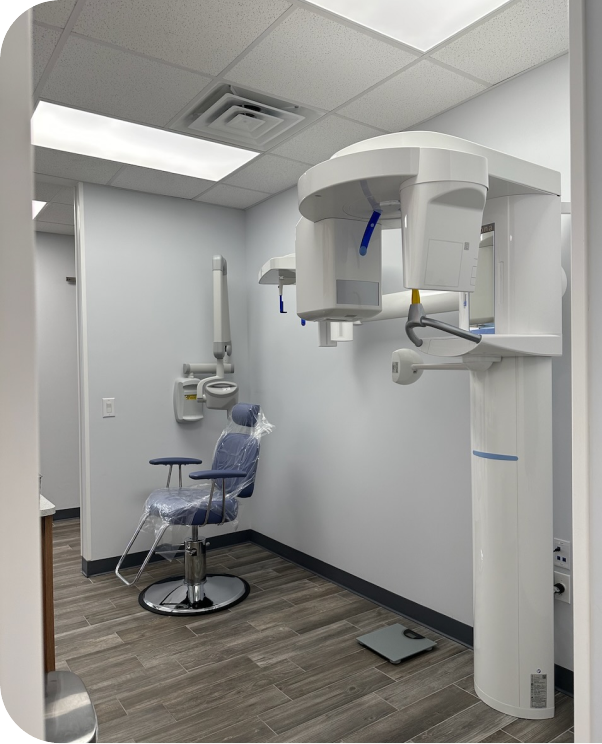
Numerous clinical studies show a strong link between oral health and general health and that when you look after your teeth and gums, it helps protect your overall health. Gum disease is a serious gum infection that is increasingly linked to serious health problems such as:
Gum disease can also increase your risk of developing these health problems or worsen any that already exist.
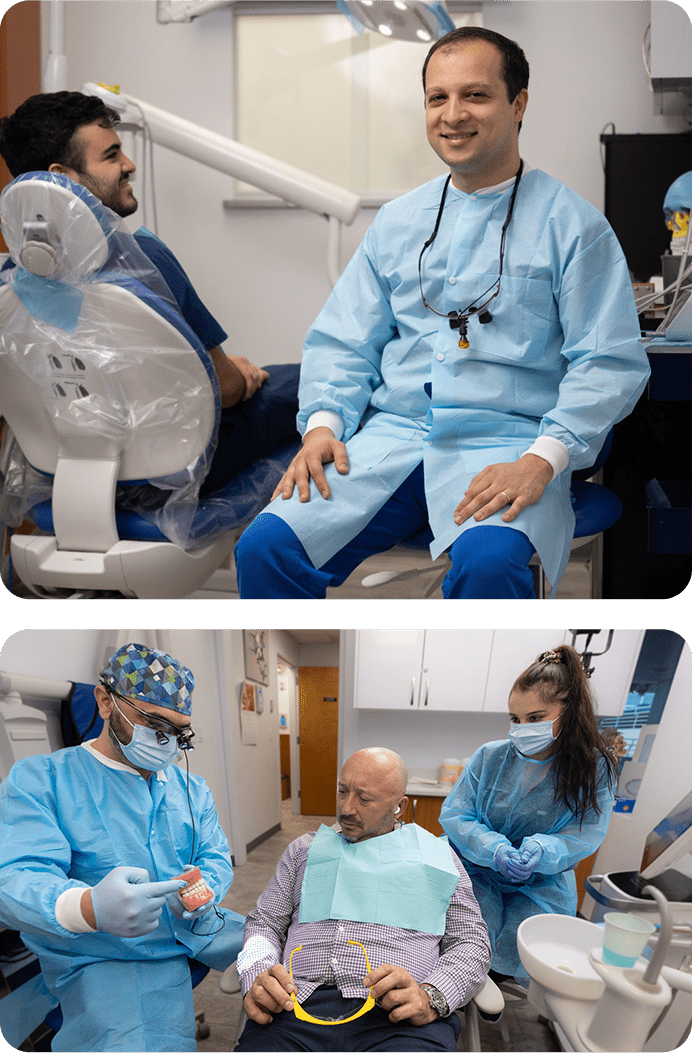
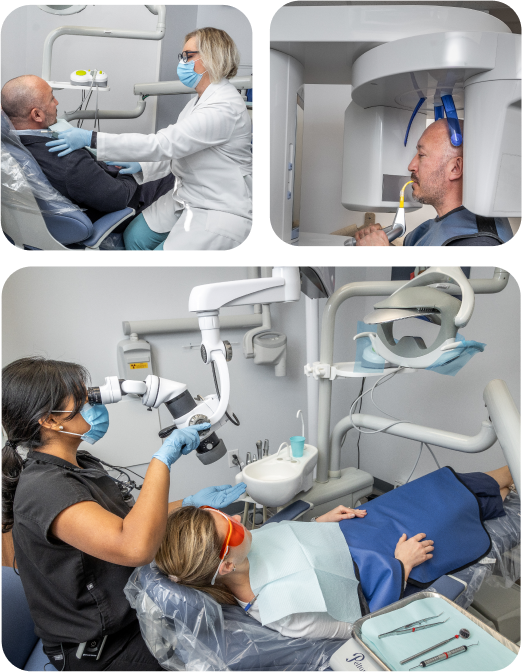
A dental exam is a comprehensive examination that evaluates your overall dental health, checking for signs of disease or other problems. Even if you know you look after your teeth and gums properly, the early signs of dental issues are often silent or overlooked but are easily detected by a dental professional.
During your dental checkup, your dentist carefully assesses the condition of your mouth, checking for any signs of numerous dental problems. They look for early signs of tooth decay. These can often appear as tiny white spots or lesions in teeth, where they haven't yet progressed to a cavity and are easily treatable. Your dentist checks for any signs you may have chipped or cracked teeth. It's essential to promptly mend any small chips or cracks in teeth, which helps protect teeth against future infections.

Dentists are especially interested in gum health, particularly as gum disease is often silent initially. Your dentist will check the condition of gum tissue around each tooth, and they will most likely use a small probe that measures the depth of the gap between the tooth and gums. Ideally, healthy gums fit quite snugly around teeth, but when they become diseased, they begin to pull away from teeth, creating larger gaps as the gums recede.
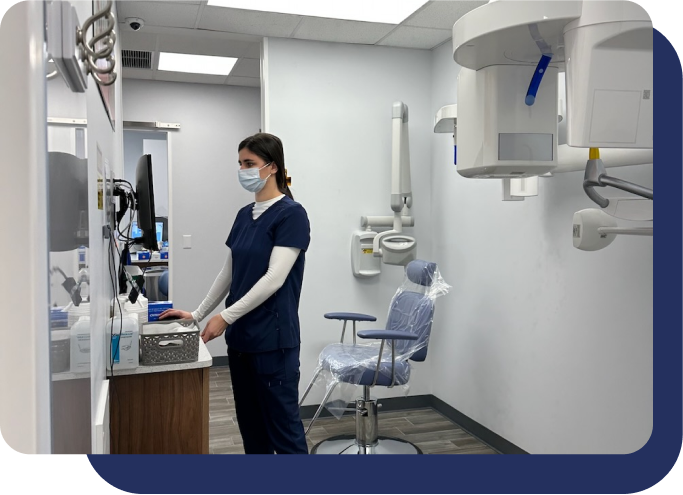
Most people have some existing dental work such as fillings or crowns and bridges, dental implants, or have had root canal therapy. Your dentist will check the condition of existing dental work because it can start to fail as it begins to age. Crowns and fillings can leak, allowing bacteria to get inside a tooth. Regular checks ensure that as restorations start to fail and age, they can be replaced promptly.
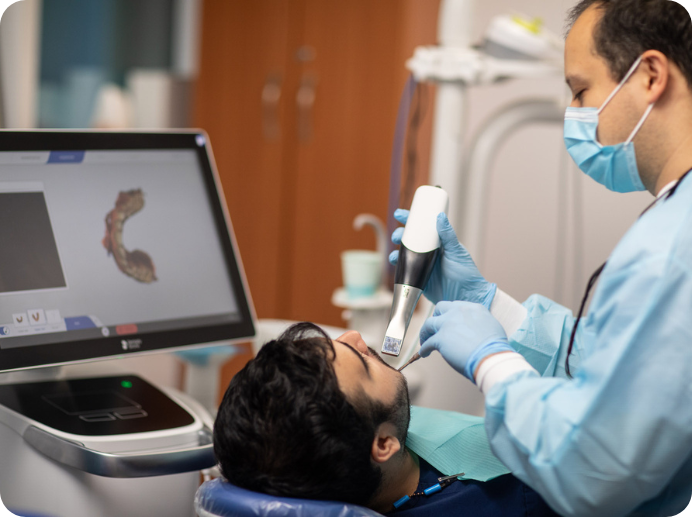
Your jaw health is also important, and your dentist will carefully check your jaw joints that move your lower jaw, assessing them for any signs of tenderness or inflammation. A jaw joint disorder called temporomandibular joint disorder is quite common, especially in people with bruxism. Bruxism is a sleep disorder where people clench and grind their teeth, and it can place considerable stress on the jaw joints, so they become inflamed and painful to move.
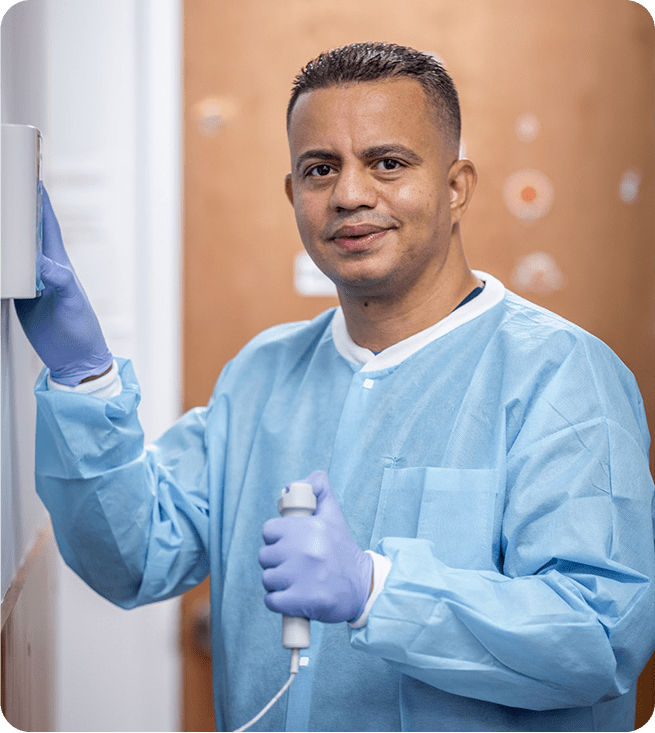
Because the condition is nocturnal, many people will not realize they have bruxism until they develop unpleasant symptoms. At the same time, bruxism can destroy teeth, wearing them down, so they become chipped and cracked. If the dentist does find signs of temporomandibular joint disorder or bruxism, they can suggest a suitable treatment. Usually, treatment is as straightforward as wearing a custom-made night splint, preventing your upper teeth from contacting your lower teeth so you cannot clench and grind. This helps relieve the pressure on the jaw joints while protecting your teeth. They may also suggest restorative dentistry to mend any teeth that may have been damaged.
Another important check is an oral cancer screening, a disease that can affect the soft tissues inside your mouth, including your tongue and lips, and is often detected late in the day. Dentists are trained to screen for this disease and can easily spot any symptoms like color changes to the inside of your mouth, any sore spots or rough spots, or any lumps and bumps that shouldn't be there. If needed, they can take a small sample of the tissue to send off for analysis and check for any signs of cancerous or precancerous cells. Oral cancer treatment is far more effective when this disease is detected early.
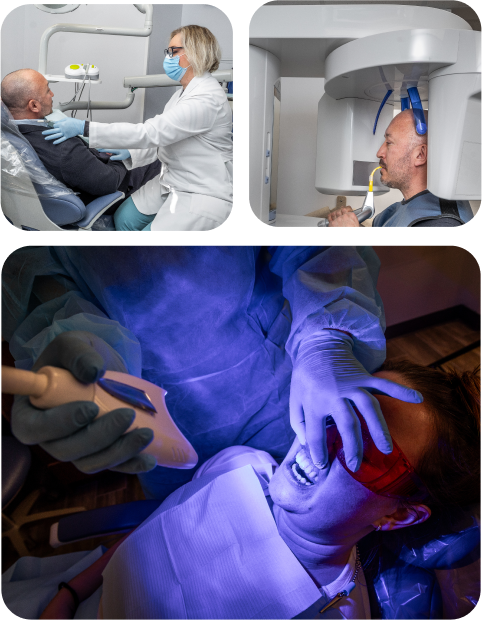
Most general dentists recommend regular checkups every six months, although a few people may only need an annual dental checkup if they have a low risk of oral disease. People who have a higher risk of developing dental problems might need more frequent checkups. These could include people with diabetes, existing gum disease, and people with general health issues, especially those weakening the immune system and who are more susceptible to developing oral disease.
Smokers may also benefit from more frequent checkups because smoking greatly increases the risk of dental disease and oral cancer. Pregnant women might be advised to see their dentist more regularly for dental checkups or dental cleanings. Pregnancy can increase the risk of gum disease because hormonal changes make the gums more sensitive to disease-causing bacteria.
When you see your dentist, they will advise you on how often they would like to see you regularly and explain why. When you schedule your dental checkups, don't forget to book your hygiene appointments at the same time to maintain optimal dental health year-round.
Hutchinson Metro Dental: Victoria Kushensky, DDS
1200 Waters Pl, Suite M107
Bronx, NY 10461
(718) 822-8787